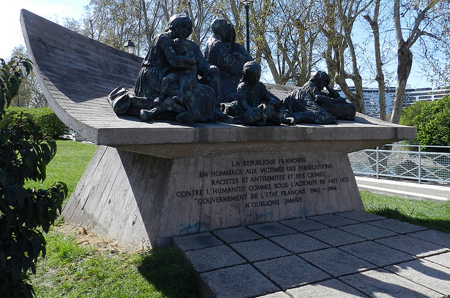Back on April 1st the BBC published an article on its website’s Middle East page titled “Premature to write off Middle East peace talks – Kerry” which we previously discussed here.
That article related to the PA president’s move of the same day in which he signed applications to join assorted UN agencies and conventions and it included a side-box of analysis from the BBC Jerusalem Bureau’s Kevin Connolly which opened thus:
“The Palestinians have begun applying for accession to a wide variety of international treaties and conventions to signify their frustration at Israel’s failure – so far – to release a final batch of prisoners whose freedom the Palestinians believe was guaranteed under the US deal that got talks started last year.”
In the body of the article readers were told that:
“Hours earlier, Palestinian Authority President Mahmoud Abbas said he would seek further UN recognition unless a prisoner release by Israel went ahead.”
In other words, BBC audiences were encouraged to believe that Mahmoud Abbas’ signing of those applications was a reaction to the delay in the release of the fourth tranche of prisoners on March 29th.
However, on March 9th 2014 – almost a month earlier and a week prior to Abbas’ meeting with the US president at the White House – the PLO’s chief negotiator Saeb Erekat presented a 65-page document to Abbas outlining his proposals for the PA’s strategy for handling the final two months of the duration of the talks, which were set to conclude on April 29th.
In that document, Erekat wrote that “it is incumbent upon us” (the PA):
“To put forward immediately the request to accede to the Geneva Conventions (1,2,3,4) of 1949, and to the additional protocols of 1977. Once he receives the request for accession, the President of Switzerland will announce that the State of Palestine has been accepted as a High Contracting Party to these conventions.”
In other words, the recommendation to apply to join international conventions had been made long before the delay in the fourth tranche of prisoner releases.
Additionally, Erekat proposed in that document:
“To inform the American Administration, the EU, Russia and the UN that it is impossible to extend the negotiations beyond the end of the nine month period, on April 29, 2014.”
Thus we see that despite the prisoner releases having been conditional upon progress in the talks, the intention was to secure the fourth tranche of releases but to refuse to extend the negotiations’ deadline. Erekat even outlined his PR strategy for that move:
“To affirm that the release of prisoners – 104 – is not connected to the negotiations or the settlements but with the avoidance by the Palestinian side of efforts to accede international institutions during the nine month period.”
And that despite the fact that earlier in the document, in the section in which Erekat outlined the agreements secured with Kerry before the talks commenced, he defined the PA’s undertakings thus: [emphasis added]
“We undertook as the Palestinian side:
To persist in the negotiations without a break;
To avoid acts of accession to international institutions during the period of negotiations (nine months).
To respect our obligations under existing agreements, including our security obligations.”
Notably too, the Hamas-Fatah reconciliation deal (which was presented to audiences by the BBC’s Middle East editor as being the fruit of frustration with the talks) is also set out in Erekat’s document as preconceived strategy.
“The cornerstone of Palestinian strategy now must rely upon the realization of reconciliation and the strengthening of Palestinian national unity, particularly since the exclusion of the Gaza Strip from the Palestinian space has become an important cornerstone of Israeli strategy.”
In light of the fact that the BBC has framed the issue of the end of this latest round of negotiations as attributable to the Israeli prime minister alone, it would of course be appropriate for the corporation to inform its audiences of what in fact was going on behind the Palestinian scenes during those last two months of those talks. Should it fail to do so, the BBC would clearly be in breach of its public purpose remit to “build a global understanding of international issues”.




